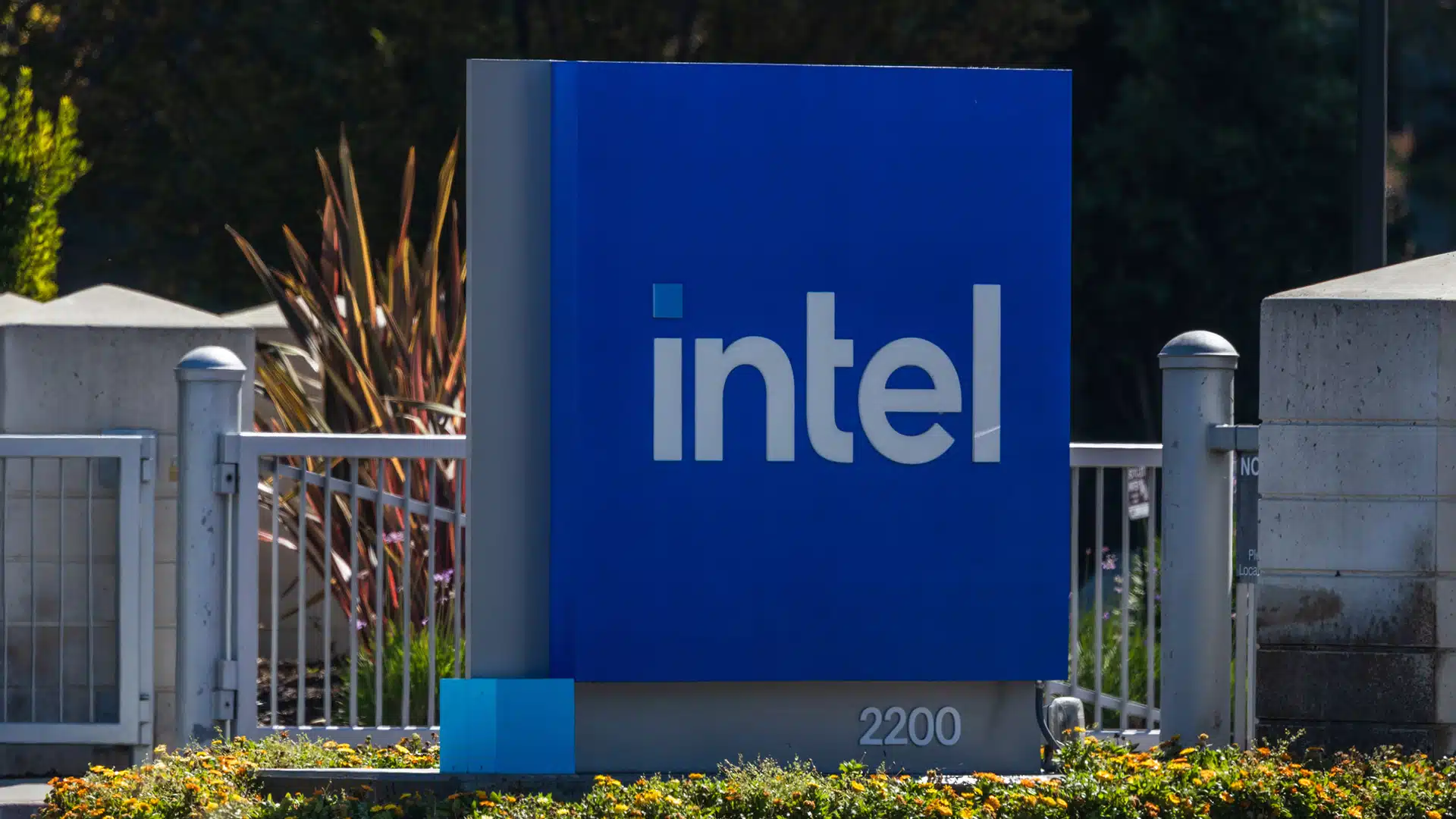Companies that invested in digital customer engagement and personalization technologies during the last two years experienced positive impacts on customer retention levels, and also saw a significant boost to their revenue figures, reveals a new report from Twilio, the San Francisco-based provider of a customer data platform (CDP) and software solutions for customer relationship management (CRM).
In a survey of 3,450 business leaders and 4,500 consumers across 12 countries, the third annual State of Customer Engagement Report from Twilio shows that companies prioritizing the use of digital technologies to engage with customers saw their revenue numbers increase by 70% on average and even tripling in some cases.
With the COVID-19 pandemic shuttering physical stores and eliminating interpersonal contact, the companies that embarked on a digital transformation of their businesses were also the ones that reaped the rewards of executing on a bold initiative, the report says. As a result, most business-to-consumer (B2C) companies believe the pandemic sped up their digital transformation strategies by 6.5 years on average, with no signs of slowing to be seen, the report adds.
Personalization and Third-Party Cookies
As one of the most important aspects of a competitive brand experience, personalization has become an indispensable tool to attract customers and create brand loyalty. For companies that do not provide personalized experiences, the consequences can be severe: nearly two-thirds of consumers say they will stop using a brand that does not practice personalization.
But while both brands and consumers agree that personalization is essential, the report uncovers discrepancies between the two groups. In one example, 75% of the companies surveyed believe that they provide good or excellent personalized experiences to customers, but 52%—or more than half—of consumers disagree with that assertion, reporting their own experience of personalization to be bad, poor, or merely average in quality.
And even though personalization is desirable, it is also increasingly hard to pull off, the report notes, especially with the deprecation of third-party cookies and the loss of access to customer data for companies that rely on cookie information to personalize their strategies. More than 80% of the companies surveyed say their marketing strategy continues to rely on third-party data, and 55% admit to being unprepared for a cookie-less world. Consumers, for their part, are also much savvier and protective of how their personal data is used, with 85% saying they want brands to make use of first-party data alone to deliver personalized experiences.
Glenn Weinstein, chief customer officer at Twilio, says companies wishing to cope with the changing landscape in customer engagement must heed five fundamental guidelines: embrace digital, personalize every interaction, shift to first-party data, close the trust gap, and avoid engagement fatigue by increasing the quality of interactions with customers.
Examples of world-class digital customer engagement can be found, the report notes, in five global organizations: Allianz Direct, Intuit, Nubank, The Trevor Project, and Electrolux.
The Twilio report is based on two surveys conducted by Lawless Research in December 2021 and January 2022. The B2C company survey collected responses from 3,450 business leaders, while the consumer survey gathered information from 4,500 consumers. Both surveys included respondents from Australia, Brazil, Colombia, France, Germany, Italy, Japan, Mexico, Singapore, Spain, the UK, and the US. The report also includes analysis of anonymized, aggregate data from more than 1.6 trillion interactions that have occurred on Twilio’s platform, including Twilio Segment, over the past several years.
Author Information
Alex is responsible for writing about trends and changes that are impacting the customer experience market. He had served as Principal Editor at Village Intelligence, a Los Angeles-based consultancy on technology impacting healthcare and healthcare-related industries. Alex was also Associate Director for Content Management at Omdia and Informa Tech, where he produced white papers, executive summaries, market insights, blogs, and other key content assets. His areas of coverage spanned the sectors grouped under the technology vertical, including semiconductors, smart technologies, enterprise & IT, media, displays, mobile, power, healthcare, China research, industrial and IoT, automotive, and transformative technologies.
At IHS Markit, he was Managing Editor of the company’s flagship IHS Quarterly, covering aerospace & defense, economics & country risk, chemicals, oil & gas, and other IHS verticals. He was Principal Editor of analyst output at iSuppli Corp. and Managing Editor of Market Watch, a fortnightly newsletter highlighting significant analyst report findings for pitching to the media. He started his career in writing as an Editor-Reporter for The Associated Press.








